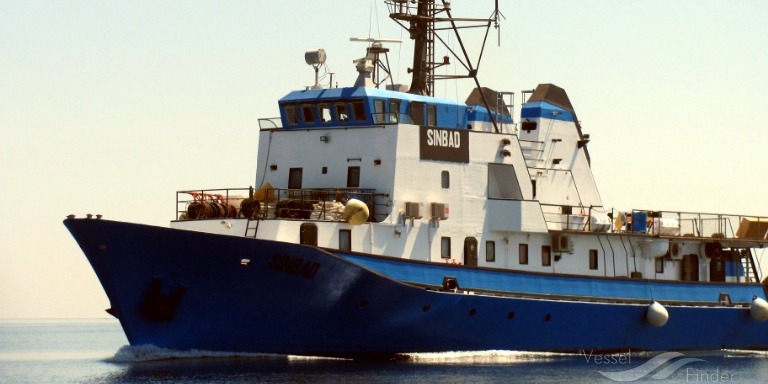31 min read
Vessel Protection - Why where floating armouries created?
The upsurge of piracy in the Gulf of Aden and wider Indian Ocean in 2006 to 2009, led commercial ship owners to...
By: Dryad Global on August 31, 2020 at 11:12 AM

Floating armouries, which store weapons for Private Maritime Security Companies, operate under a patchwork of international and national laws. With no specific global regulations, they fall under the jurisdiction of port, coastal, and flag states. There's a growing push for tighter oversight, including mandatory registration and certification, to enhance transparency and safety.
Floating armouries, which serve as storage vessels for arms and ammunition used by Private Maritime Security Companies (PMSCs), operate in a complex legal landscape. While no specific international regulations exist for these vessels, they are subject to various laws, including those governing weapons on merchant or government ships. Jurisdictional control may be exerted by port, coastal, and flag states. There are ongoing calls for stricter regulation, including mandatory registration, compliance checks, and certification to ensure transparency and safety in the operation of floating armouries.
No international body regulates or evaluates the security of floating armouries.
The International Maritime Organisation (IMO) has the potential to establish regulations and standards, such as the International Small Arms Control Standards. These guidelines focus on the management of weapon stockpiles and could be relevant to floating armouries.
There are currently no regulations governing the storage capacity of floating armouries or setting limits on the amount of arms and ammunition that can be kept onboard.
Pressure groups are making recommendations to better regulate the use of floating armouries that include:
The upsurge of piracy in the Gulf of Aden and wider Indian Ocean in 2006 to 2009, led commercial ship owners to...
The decision by governments in the HRA to eliminate potentially insecure or destabilizing stockpiles of weapons from...
Exploring the inner workings of Floating Armouries, the intricate procedures involved in the initiation, management,...
It is essential to recognize that Floating Armouries (FAs) are fundamentally vessels and are thus subject to a vast...
In this article, we collect the key regulations governing the operation of floating armouries. UNCLOS Articles 17-19...
Delving into the complex operations of Floating Armouries, this mini-series explores the legal framework that governs...
Delving into the complex operations of Floating Armouries, this mini-series explores the legal..
In this article, we collect the key regulations governing the operation of floating armouries.
The decision by governments in the HRA to eliminate potentially insecure or destabilizing..
Press/media contact
Email Us
General Enquiries
Contact Us Here